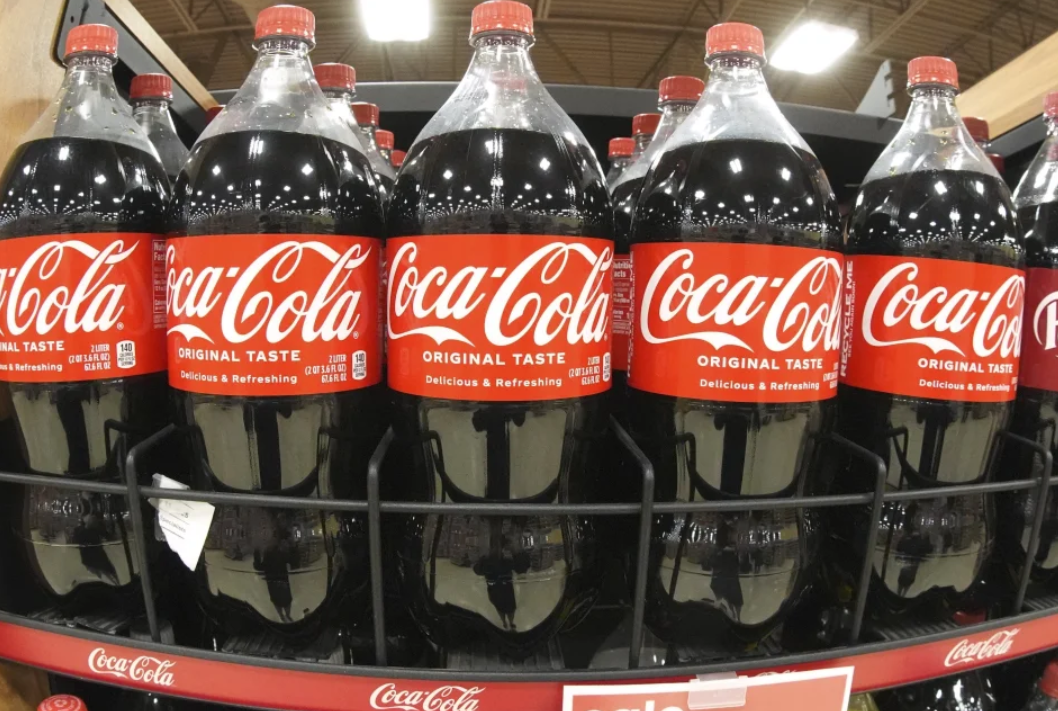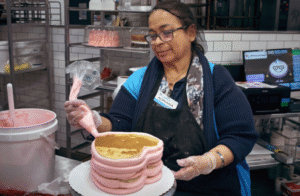Coca-Cola reported stronger-than-expected earnings for the first quarter and stated that the impact of tariffs on its business is likely to be manageable. Beverage companies, including Coke, are facing a 25% tariff on the aluminum used for cans, among other items. Last week, PepsiCo reduced its full-year earnings forecast due to these tariffs.
Coca-Cola’s Chairman and CEO, James Quincey, mentioned in February that the company might adjust by changing aluminum suppliers, increasing the use of plastic or glass bottles, and taking other measures to minimize the impact of the tariffs.
In the first quarter, Coke’s unit case volumes grew by 2%, driven by strong demand in China, India, and Brazil. Coca-Cola Zero Sugar stood out with a 14% increase in case volumes, while demand for sports drinks and coffee declined. In North America, however, case volumes dropped by 3%, though prices increased by 8% due to a higher mix of premium products like Topo Chico sparkling water and Fairlife milk.
For the January-March period, Coke’s revenue decreased by 2% to $11.1 billion, which met Wall Street’s expectations. Net income for the quarter rose 5% to $3.3 billion, with adjusted earnings of 73 cents per share, surpassing expectations of 72 cents.
Coca-Cola also adjusted its full-year profit forecast, now expecting adjusted earnings to grow by 7% to 9%, down from the previous range of 8% to 10%. The company earned $2.88 per share in 2024.
Ahead of Tuesday’s market open, Coca-Cola’s shares rose by about 1%.














